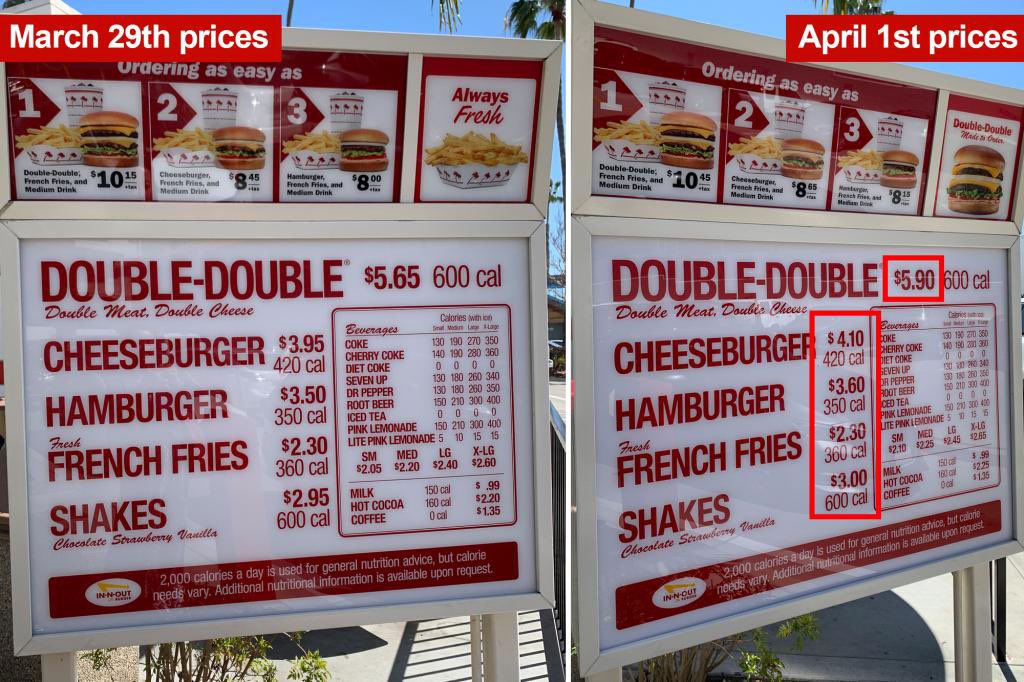Businesses slowing growth over minimum wage concerns
For many employers around the country, the question of Hillary Clinton or Donald Trump is about much more than political ideology. Many are hanging in limbo as they wait to see who wins the election and what wage policy will be pursued.
Clinton whole-heartedly supports a $12.50 minimum wage and has also said she would sign a $15 minimum wage bill if one came to her desk. As a side note, one of the emails recently released by WikiLeaks reveals the president of the liberal Center for American Progress, Neera Tanden, warned Clinton campaign chairman, John Podesta, against Clinton supporting a $15 minimum wage. As Tandra points out in a April 2015 email: “substantively, we have not supported $15 — you will get a fair number of liberal economists who will say it will lose jobs.”
Trump has gone from opposing any increase in the $7.25 federal minimum wage to supporting a $10 federal minimum wage, while stressing that states should set their own minimum wages.
The uncertainty is having an impact.
Dunkin’ Donuts says growth has stagnated as franchisees hold off on opening any new stores over concerns about a higher minimum wage. To date, the company has 30 fewer new stores this year than the same time next year.
The company specifically noted a franchisee in New York who scrapped plans to open another store after that state passed its $15 minimum wage law. Wendy’s has similarly called off plans to expand in New York.
When Washington, D.C. began considering a $15 minimum wage earlier this year, WalMart cancelled plans to open two new stores in the city’s poorest neighborhoods. D.C. has since passed a $15 wage law that began phasing in on July 1, 2016. In addition to the higher wage, city officials are considering an employer-funded paid family and sick leave mandate and possible rules requiring a minimum amount of hours for hourly workers. Behind closed doors, WalMart officials blame the wage hike and other possible mandates for their decision.
WalMart’s decision to stop growth in D.C. is bad news for low-income families in that city.
In addition to the extra jobs the stores would have created (a WalMart store typically employs 300 to 400 people), WalMart would also ensure low-income families would have a reliable source of affordable, healthy food in the city.
Washington, D.C. is plagued by what is known as “food deserts,” where poor neighborhoods have no easy (if any) access to fresh produce and groceries at an affordable price. WalMart’s decision to cancel plans to build two new stores means residents in D.C.’s poorest neighborhoods will continue to live in these “food deserts.”
Yet another example of how the negative consequences of a high minimum wage e hurt those with the lowest-incomes the most.







